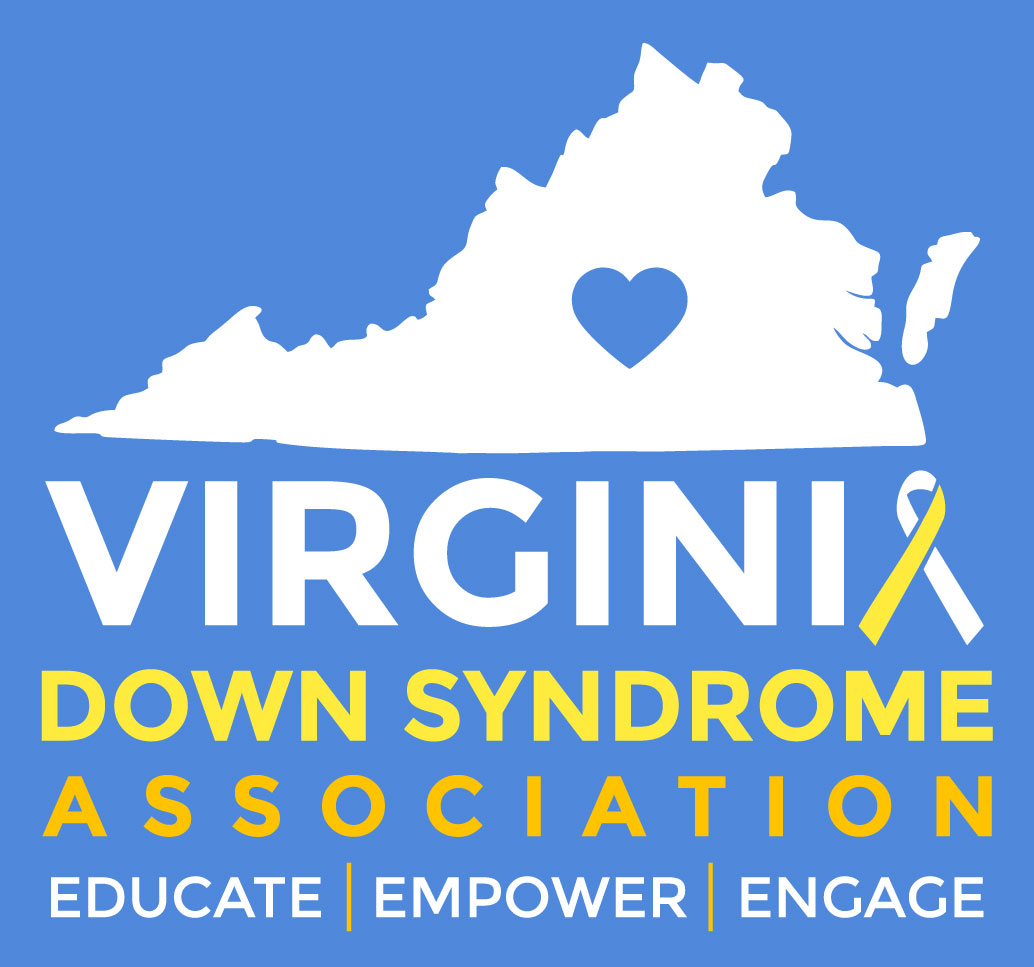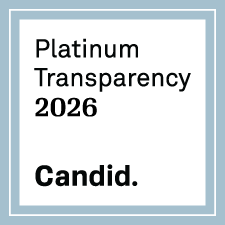FAQs
A: Individualized Education Plans (IEPs) are just that, individual! Be wary of taking advice on what these plans should look like from other parents or organizations you don’t know. An IEP is a legal document between your child and the school they attend. IEPs are a valuable tool to support your child’s learning as they detail the supports and accommodations that would benefit your child in the academic setting.
It’s important to be well-informed before you go into an IEP meeting. It’s also important that you know your rights. For example, IEP materials must be provided to you in your native language, and if you would benefit, a translator must be present during your meeting.
Here are some valuable resources to prepare for the IEP process:
- Virginia Department of Education
- Virginia Family Special Education Connection
- Medical Home Plus
- Disability Law Center of Virginia
To learn more about IEPs in general see the All Needs Planning segment in our video library.
A: Many individuals with Down syndrome will be eligible for Medicaid (Medicare if over 65 or they meet other eligibility criteria) and the CCC+ or Developmental Disability (DD) waiver which opens up access to even more services. To get started on the process of receiving benefits, contact your local Community Service Board (CSB).
What are the housing options for adults with Down syndrome?
A: Housing options will vary based on your locality and financial situation. In a nutshell, you have options all the way from the individual with Down syndrome living with you in your home throughout their life, to fully independent living (many individuals with Down syndrome marry and live safely on their own) to a range of supported options in between from assisted living with 24-hour care available to group homes with minimal supervision.
For more information on the type of housing opportunities, see the Heart Havens presentation in our video library. This talk can help you understand potential routes and how to get started.
Feel free to contact us and we can help you assess the best options for your family.
A: Many individuals with Down syndrome need support from a specialized medical practitioner and/or rehabilitative therapist at some point in their lives. There are many resources available and, depending on your community, we can connect you with services to provide a range of care.
Call our caregiver support number at (804) 256-6243 (English) or (804) 256-6451(Spanish) and we can assist you with your specific situation/locality.
A: There are many wonderful resources for support with daily living, and depending on your community, we can connect you with services to provide a range of care items.
Call our caregiver support number at (804) 256-6243 (English) or (804) 256-6451 (Spanish) and we can assist you with your specific situation/locality.
A: Yes! We have individuals fluent in Spanish on staff ready to speak with you at any time. Additionally, we contract with an interpretation service that offers translation for hundreds of languages. If we schedule a meeting or phone call in advance, we can book language services to be present.
A: Guardianship allows you to continue to make medical, educational, and other important decisions for your child with Down syndrome even after they turn 18. Guardians are appointed by the court and tend to have more authority than a Power of Attorney (POA). Conservatorship offers you more specific rights to monitor and manage the finances of the individual with Down syndrome. Legal rights of a POA may vary depending on where you live so be sure to speak with a lawyer for advice specific to your situation.
Whether your child with Down syndrome would benefit from any of these protections or not should be determined by consulting with a lawyer about your specific family situation. Be wary of taking advice from other parents as you and your child may have varying circumstances.
A: The first question to ask is what do they want to do? Disabled students have the same options as non-disabled students: continued education, paid work, volunteering, and in some cases even military service. The challenging part can be obtaining the support services the individual with Down syndrome may want in place to be successful in these spaces.
It’s important to start transition conversations early in the student’s academic career. Connect with DARS while the student is still in high school (DARS can assist with a job search and supported employment) and take advantage of any vocational opportunities through the school system while you have them. Even with due diligence, many of our families become frustrated with the transition process, so don’t feel you have to go it alone. We are here to help you navigate this time of emerging adulthood with your child with Down syndrome. Call us for specific resources depending on your child’s wishes and goals.
A: There are many avenues for social connection! Research local church groups and non-profits that offer supportive programming and athletics. Special Olympics offers programming throughout Virginia. VDSA offers virtual programming that you can access from anywhere (see our event calendar for more information) and we can also help match you/your child with Down syndrome up with a mentor or buddy. We are also expanding our in-person programming reach from Charlottesville to Fredericksburg, Williamsburg and the tri-cities area.
A: Sexual health and safety are important topics to consider, research, and discuss both for caregivers and individuals with Down syndrome. We know that individuals with disabilities are more often sexually abused and we owe it to them to offer education on setting boundaries and knowing proper versus improper conversation, touching and relationships.
It’s just as important to educate individuals with Down syndrome about their changing bodies through puberty and beyond. Individuals with Down syndrome have the same sexual hormones, drives, and attractions that their non-disabled peers do! It’s our responsibility to help them understand what’s happening to their bodies, how to manage these feelings and emotions, and how to connect in intimate relationships.
One organization that offers regular online programming is EASE. VDSA also offers programming periodically. This article has some great food for thought and a book list!



